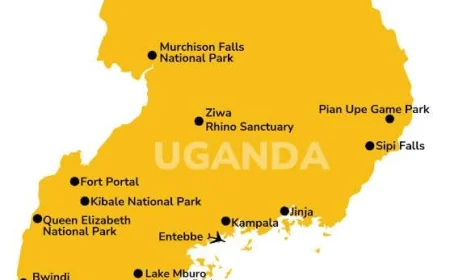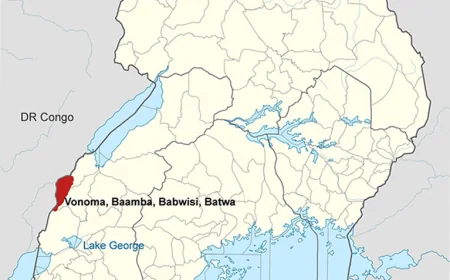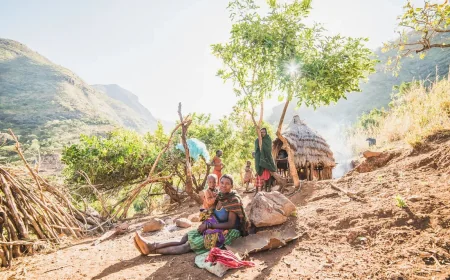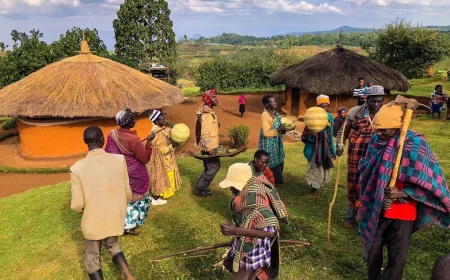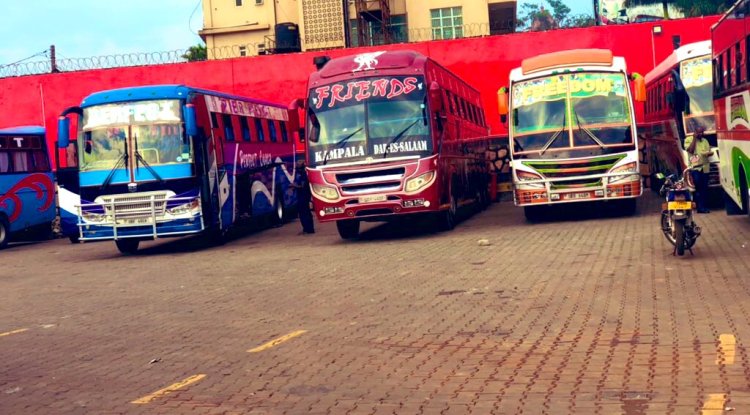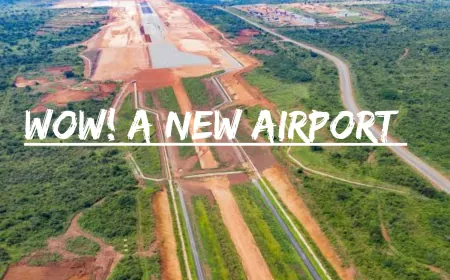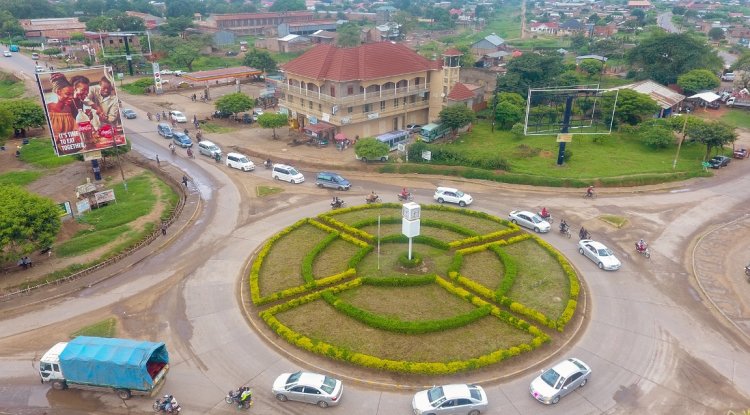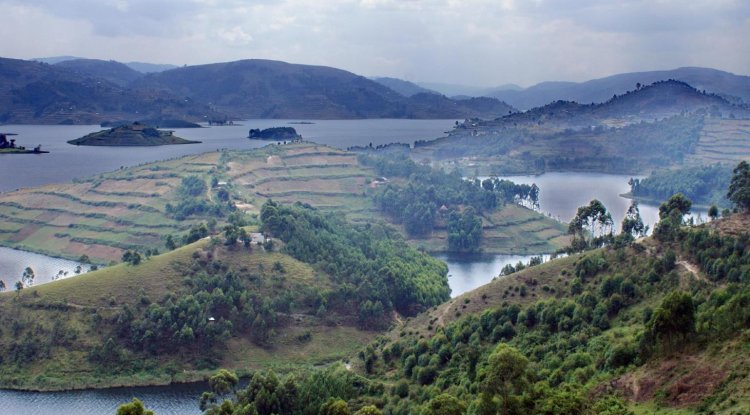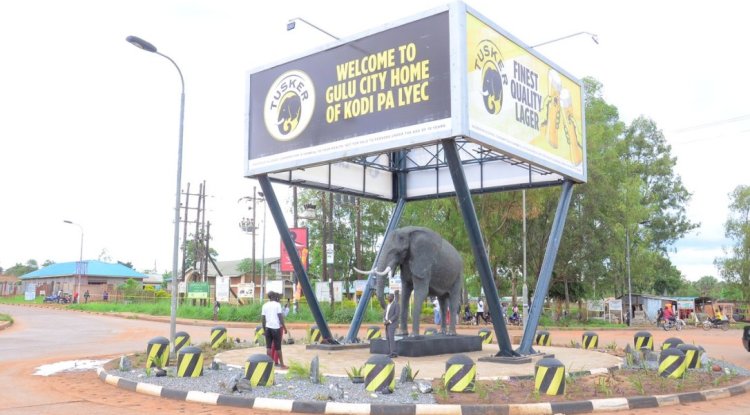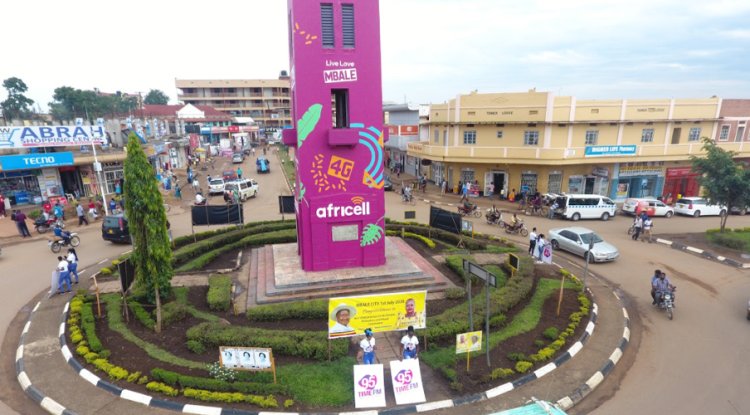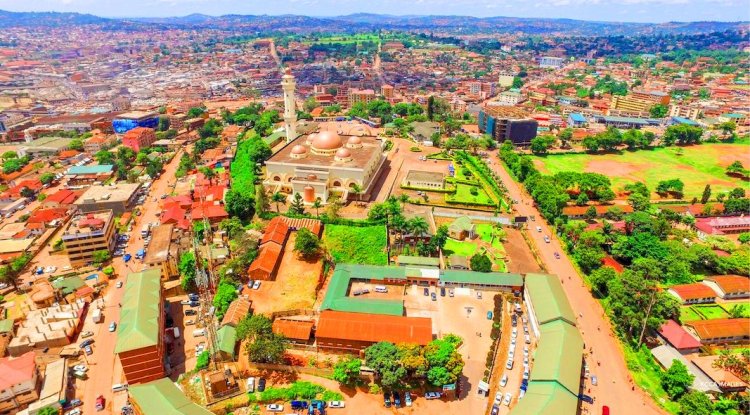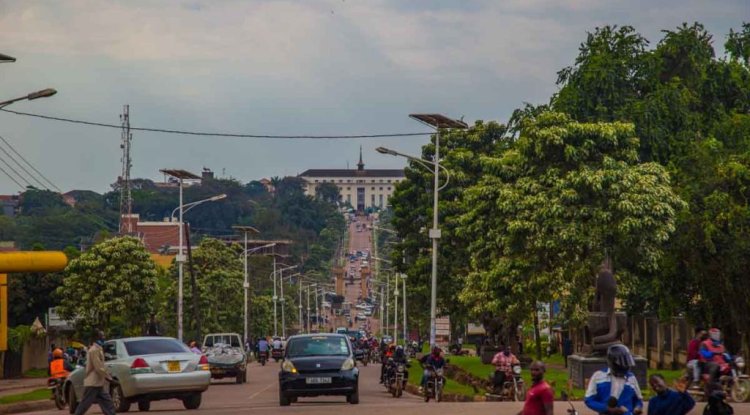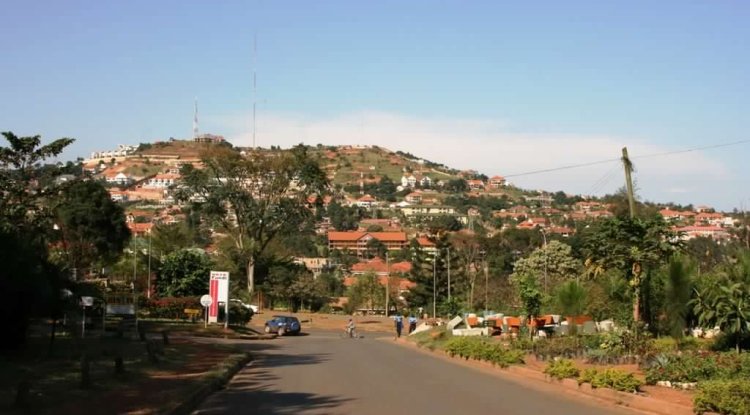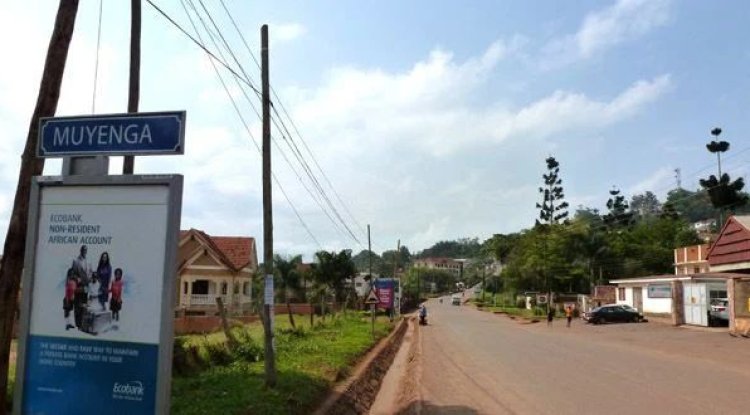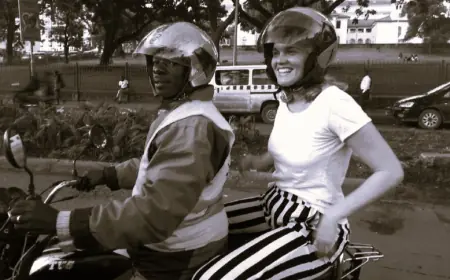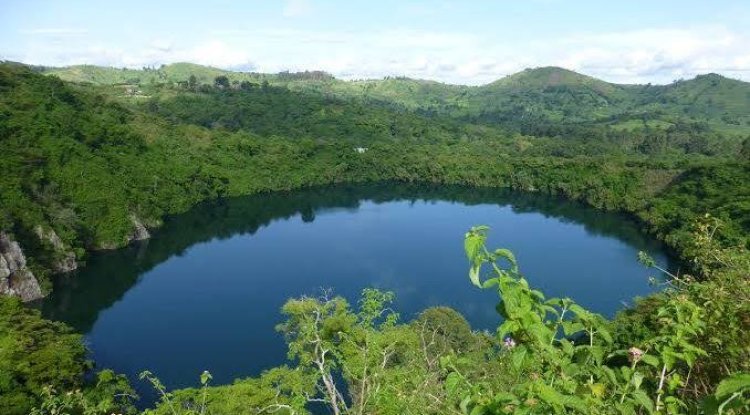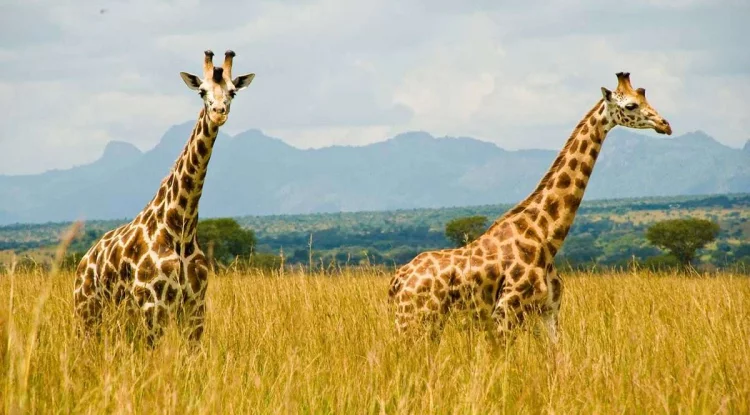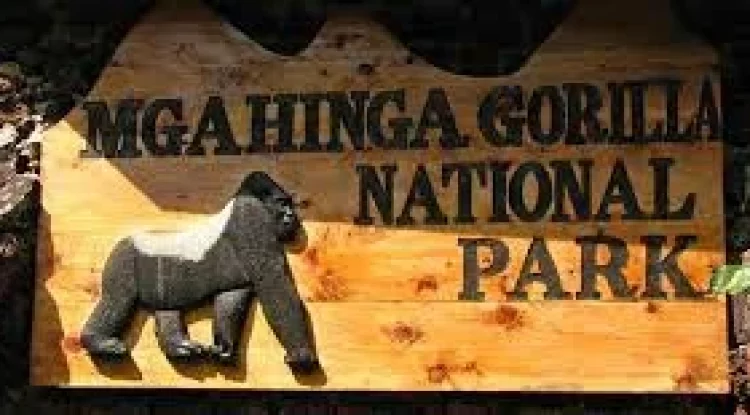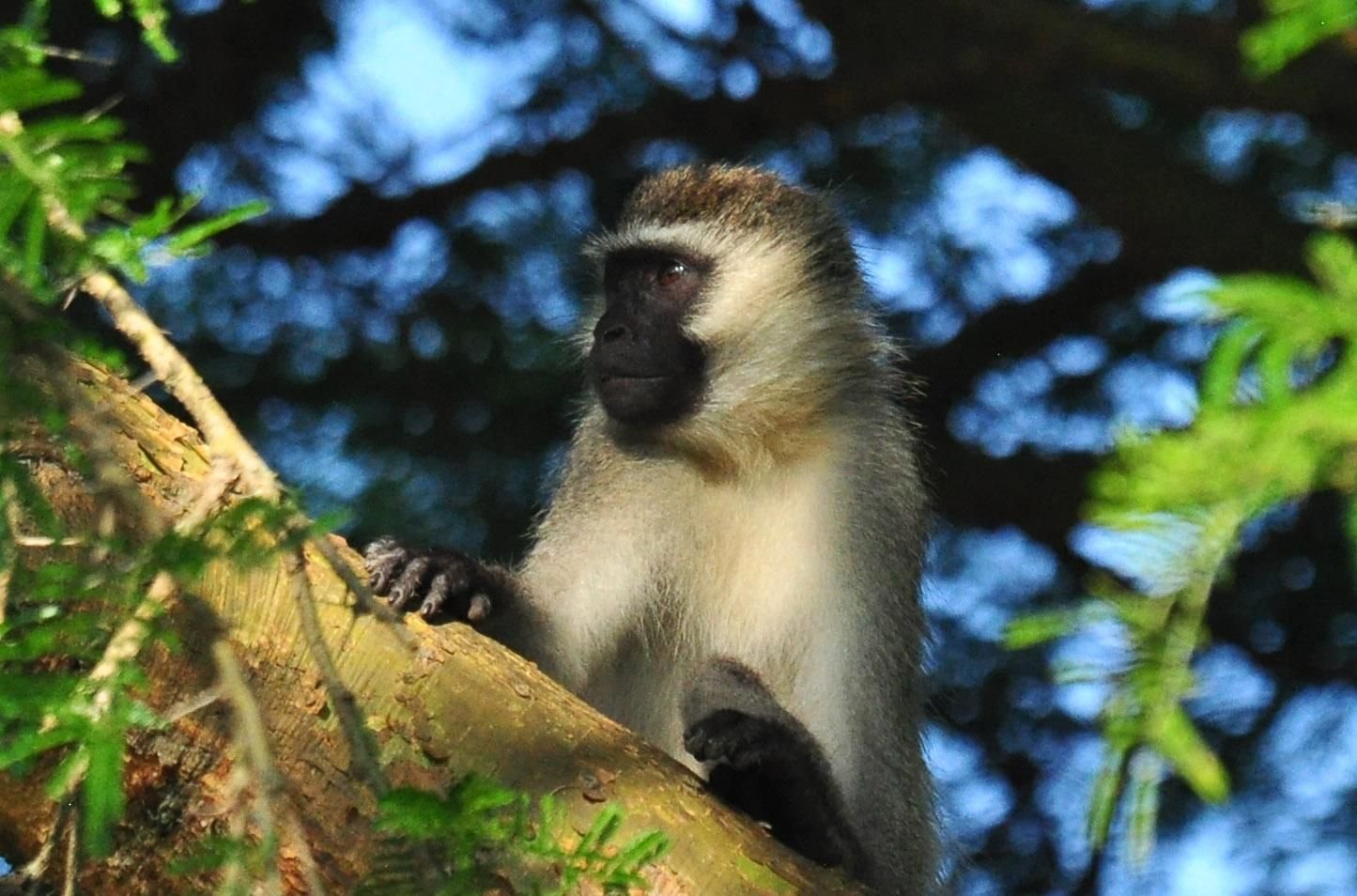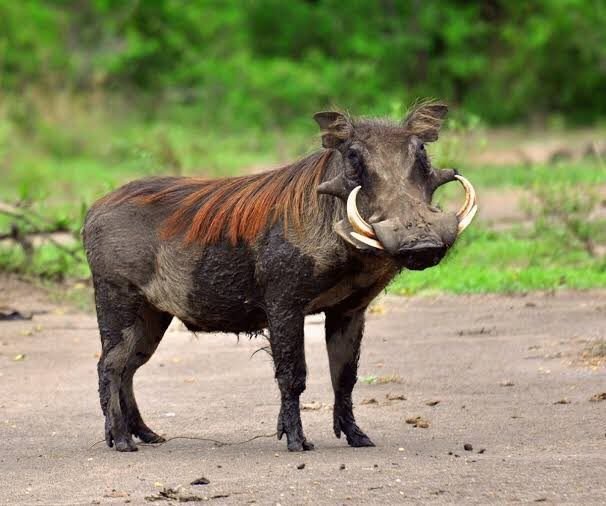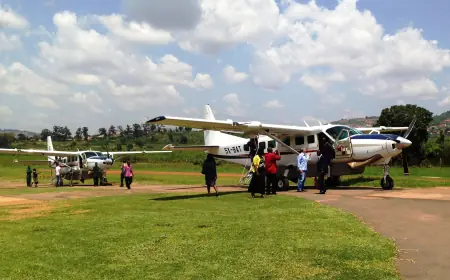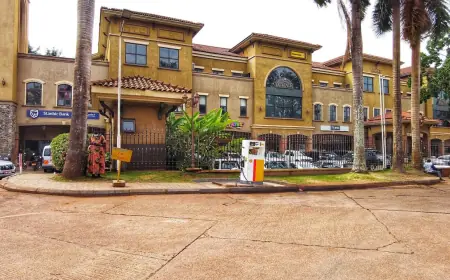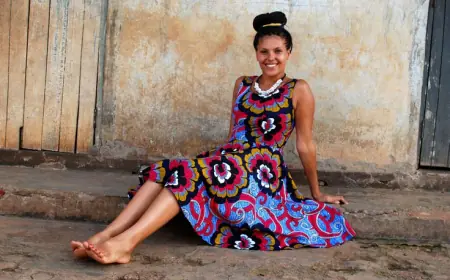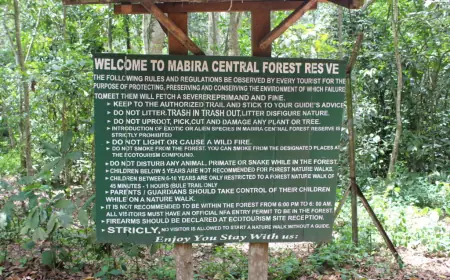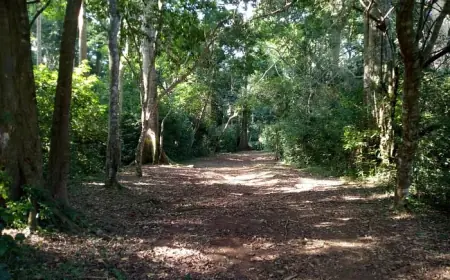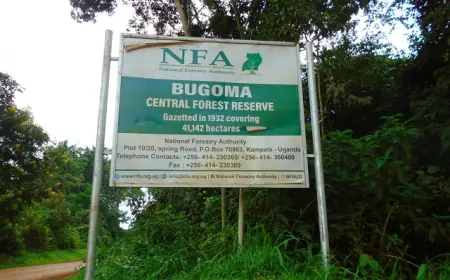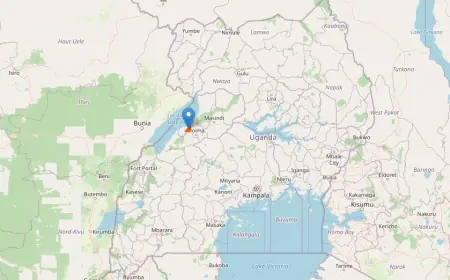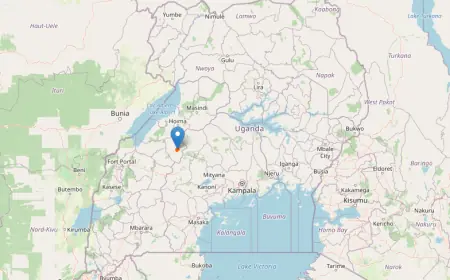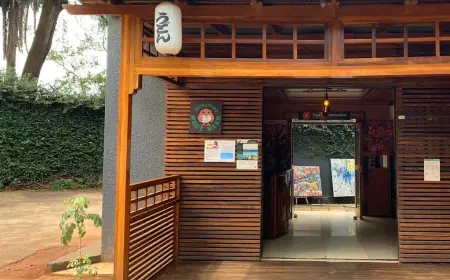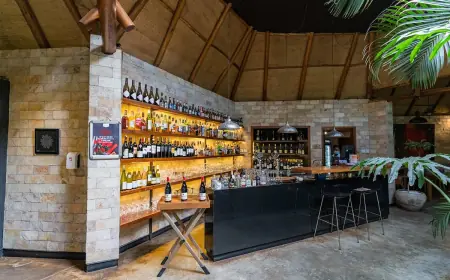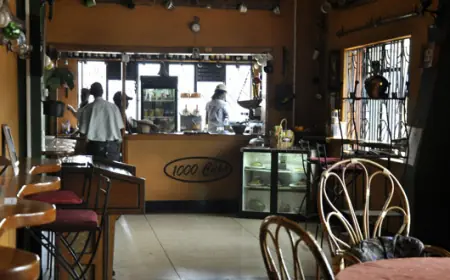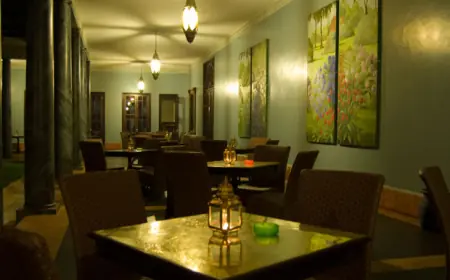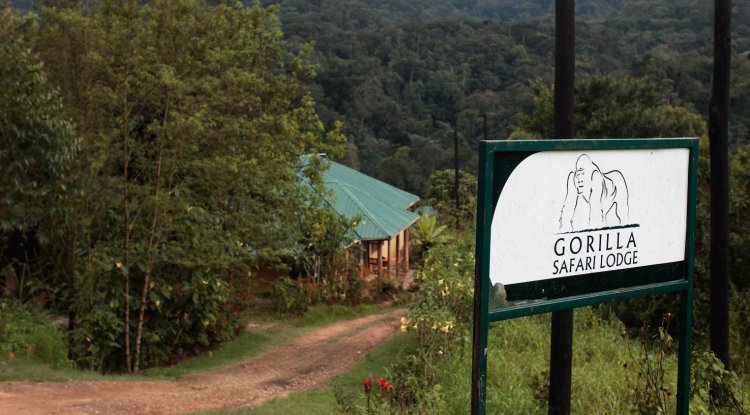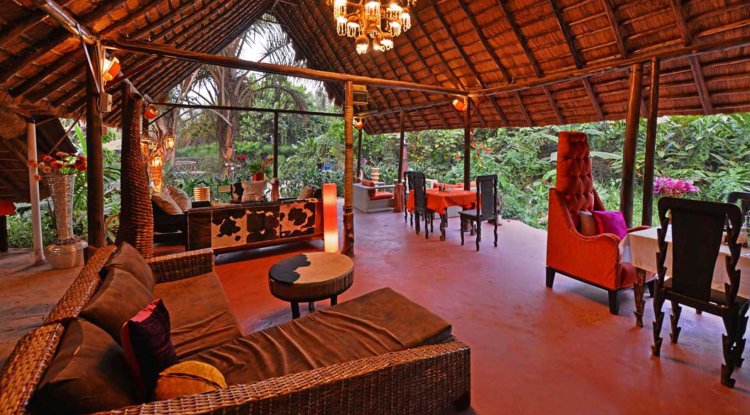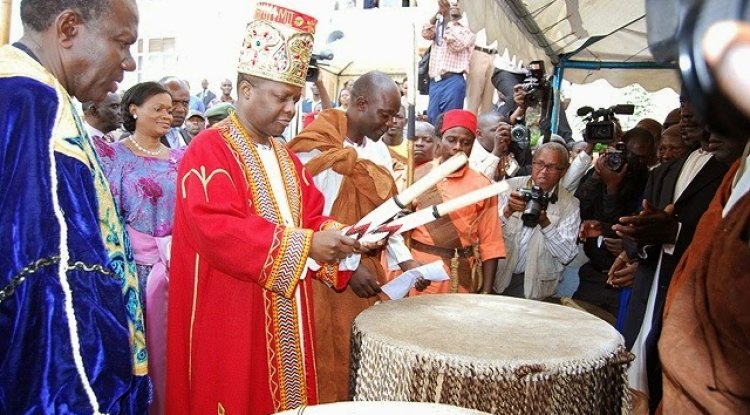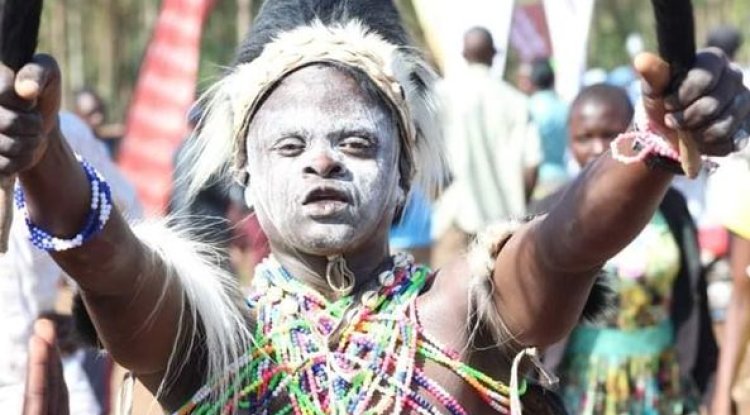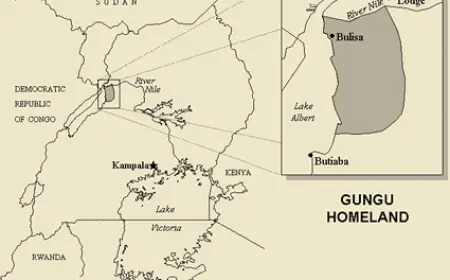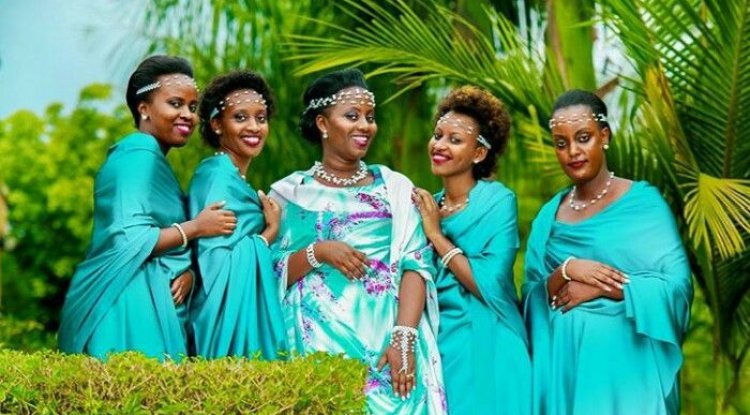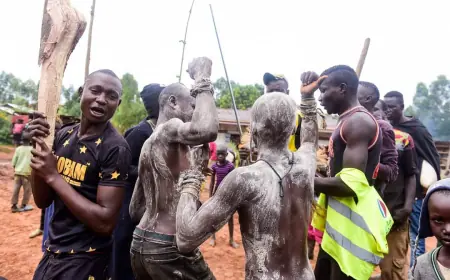The Jopadhola: A Journey Through Time and Culture
The Jopadhola arrived in southeastern Uganda during the 16th century, part of the Luo migration from ancient Egypt.
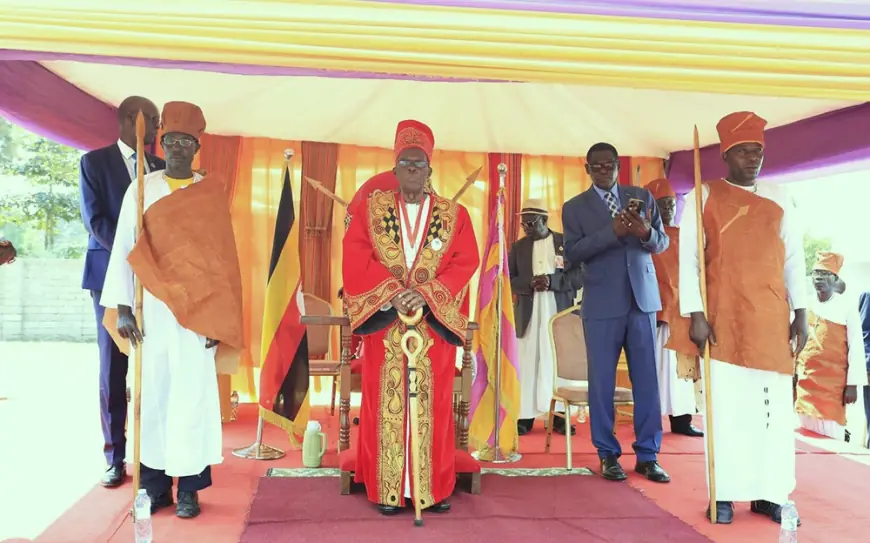
In the heart of Eastern Uganda lies a tribe whose history is as rich and vibrant as the lush green landscapes that cradle their existence. The Jopadhola, also known as the Adhola people, have woven their narrative through centuries of migration, adaptation, and resilience. Let us embark on a journey through time, tracing the footsteps of Adhola, their legendary founding father, and unraveling the lesser-known aspects of this remarkable tribe.
Origins
The Jopadhola arrived in southeastern Uganda during the 16th century, part of the Luo migration from ancient Egypt. Their journey was arduous, marked by the ebb and flow of rivers, the rustling of leaves, and the whispers of ancestors guiding their way. They first settled in central Uganda, but as fate would have it, they gradually moved southwards and eastwards. Their kin who settled in northern and central Uganda became the Acholi and Alur populations, sharing languages similar to Dhopadhola.
Unlike some other small Luo tribes, the Jopadhola chose self-imposed isolation. They nestled in forested enclaves, a defense against Bantu neighbors who had already claimed the fertile lands. This isolation became their sanctuary, allowing them to maintain their language, culture, and identity amidst the ever-shifting tides of history.
Language and Identity
The Jopadhola speak Dhopadhola, a Luo language that resonates with the rhythms of their lives. It belongs to the Western Nilotic branch of the Nilotic language family. Dhopadhola is not merely a means of communication; it is the vessel that carries their stories, their laughter, and their collective memory. The prefix “dho” signifies “language of,” while “jo” refers to “people of.” Thus, the infix pa means possessive 'of'; hence, Jopadhola means people of Adhola, and Dhopadhola is the language of the Jo'padhola.
Padhola: The Land of Adhola
The Jopadhola call their land “Padhola,” an elliptic form of “Pa Adhola,” meaning “the place of Adhola.” Here, the soil cradles their history, and the rivers whisper ancient tales. But official designations often collide with local nuances. While Padhola is the recognized name, the Baganda, misinterpreting the Dhopadhola word “Widoma” (meaning “war cry” or “you are in trouble”), refer to them as “Badama.” The clash of names mirrors the resilience of a tribe that has weathered linguistic storms and cultural currents.
Social Structure
The Jopadhola’s social structure is semi-centralized, devoid of traditional centralized governance. Instead, their organization revolves around the Nono clan. Over 52 clans exist, each with distinct lineages, cultural practices, and common ancestry. Clans are more than kinship units; they are repositories of wisdom, custodians of rituals, and guardians of justice.
Jopadhola Traditional Justice
Clans uphold their notion of an independent court called the “koti.” This abridged legal doctrine blends separation of powers, mimicking local councils, with judicial features. Legal qualifications matter little; personal acquaintance reigns supreme. The koti conflates executive and judicial functions, ensuring age and gender parity among office-bearers. Their elections hinge on meritocracy and social obligations to kin, fortified by protective rituals.
Conclusion
As we conclude our journey through the Jopadhola’s tapestry, we glimpse the unseen threads—their resilience, their unwavering commitment to language, and their ability to adapt without losing identity. The Jopadhola are more than a tribe; they are a living testament to the enduring spirit of Adhola, echoing across time and culture.
What's Your Reaction?
 Like
1
Like
1
 Dislike
0
Dislike
0
 Love
0
Love
0
 Funny
0
Funny
0
 Angry
0
Angry
0
 Sad
0
Sad
0
 Wow
0
Wow
0
